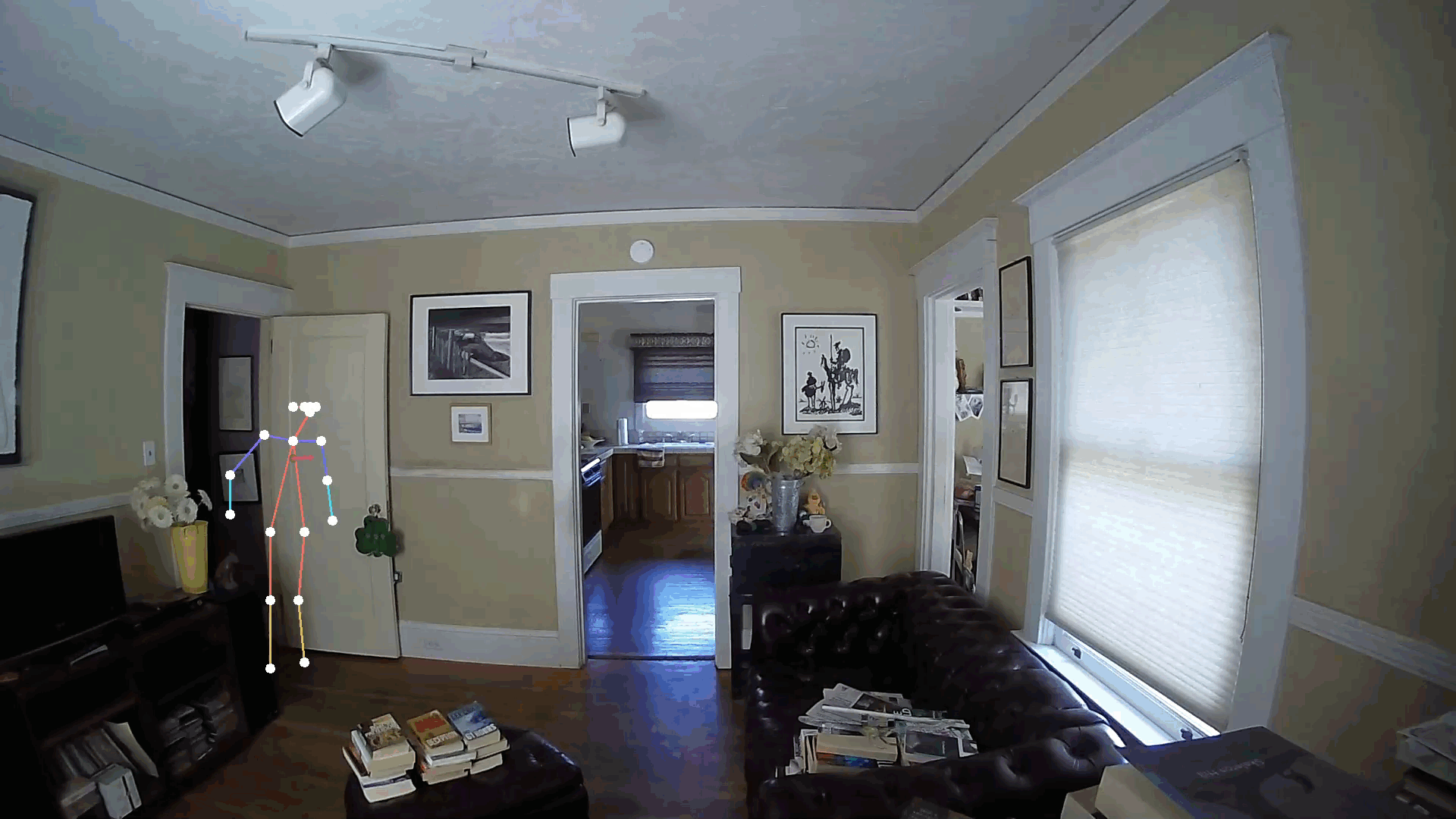
CherryHome raises $5.2M to apply AI to home care cameras, detecting behavior changes
A brand-new startup exploiting AI to look after elderly people at home has raised a brand-new round of funding to apply its platform to see the transformation of gait or action, comes or lurches. In other paroles, it could start to predict changes in long-term health.
CherryHome, the residence AI security system created by startup Cherry Labs, has raised $5.2 million in funding from GSR Ventures to drive the technology’s use for in-home major charge. CherryHome exercises its proprietary computer vision algorithms to understand camera data into virtual “skeletons.” These are used by the AI to understand and analyze residence occurrences and people’s behaviors, such as how person might develop a stumble over period, for instance.
The startup contests with Safely You, which sends alerts in its answer to very obvious drops; Nest and Lighthouse, which tend to only offer very basic AI over its imaging; and Amazon’s Ring, which simply offers outdoor security.
With CherryHome, all the points is treated locally, so the video doesn’t leave the house, while the senior citizen is replaced in the video with a virtual” stick-person” to prolong their privacy. This latter aspect, including with regard to, is a really good idea.
With this new round of funding, CherryHome has signed captain are dealing here with TheraCare in-home care-giving service and TriCura, a tech ecosystem for care agencies. Both are based in the Bay Area.
Max Goncharov, CEO and co-founder of CherryHome says: “Understanding human action has a long schedule of applications, from home defence to in-home elderly care to the overall goal of obliging smart dwellings absolutely autonomous. But improving major caution is arguably one of the most important areas for technological improvement.” He says elderlies currently make up 15 percent of the U.S. population, and by 2030, one in five Americans will be of retirement age. Various examines evidence the largest part of those people wish to remain at home, as opposed to moving into an assisted-living facility.
Read more: feedproxy.google.com

